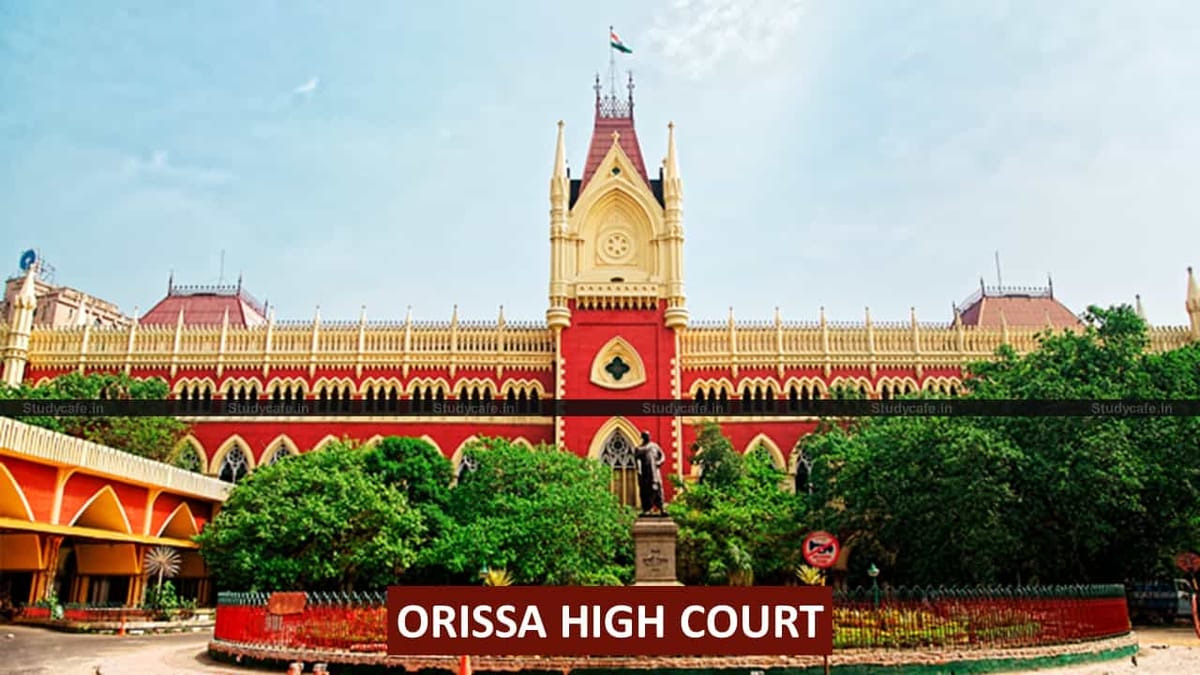Orissa HC: Component parts were brought in one state from different places & assembled in other state, such transaction cannot state as intra-State sale and falls within the ambit of Section 3(a) of the C.S.T. Act
Reetu | Sep 27, 2021 |

Component parts brought from different states & assembled in another state, cannot be intra-State sale
Orissa HC: Component parts were brought in one state from different places & assembled in other state, such transaction cannot state as intra-State sale and falls within the ambit of Section 3(a) of the C.S.T. Act
M/S Larsen & Toubro Ltd. vs. State of Orissa; STREV No.469 of 2008; High Court of Orissa; 01.09.2021
i. Whether in the particular facts and circumstances of the case the Full Bench, Orissa Sales Tax Tribunal has acted in accordance with the statutory provision and the settled position of law while disallowing the claim of sales u/S.6(2) of the CST Act and treat it as intra state sale when the selfsame turn over has been assessed under the CST Act for the selfsame year by the STO, Rourkela II Circle?
ii. The Full Bench, Orissa Sales Tax Tribunal having been satisfied with the fact that conditions do not exist for imposition of penalty u/S.12(5) of the Orissa Sales Tax Act, 1947, whether the Tribunal is legally justified in not deleting the penalty imposed entirely?
In case of any Doubt regarding Membership you can mail us at [email protected]
Join Studycafe's WhatsApp Group or Telegram Channel for Latest Updates on Government Job, Sarkari Naukri, Private Jobs, Income Tax, GST, Companies Act, Judgements and CA, CS, ICWA, and MUCH MORE!"